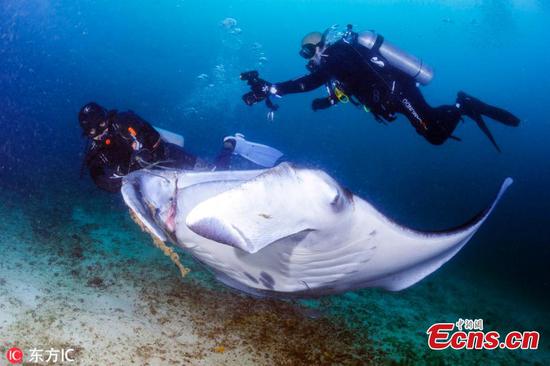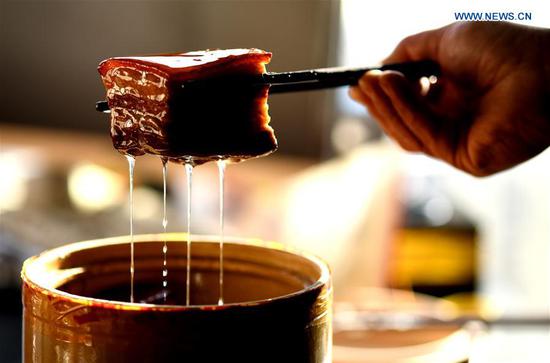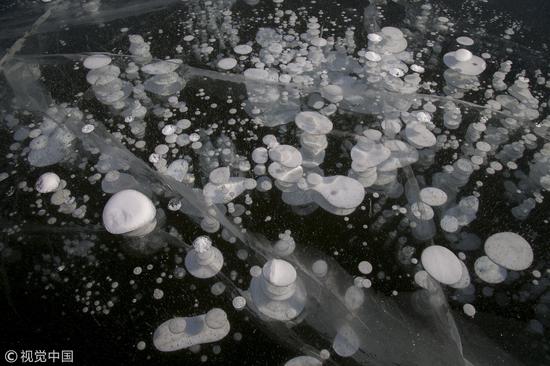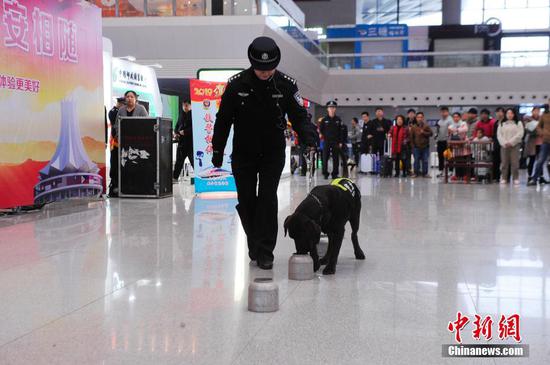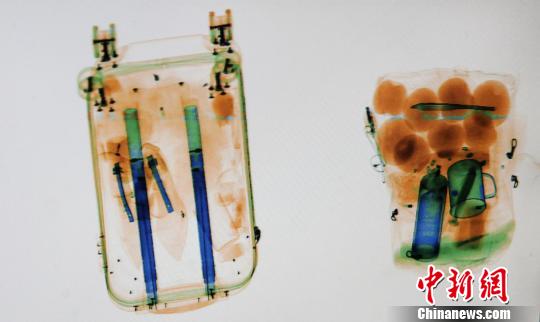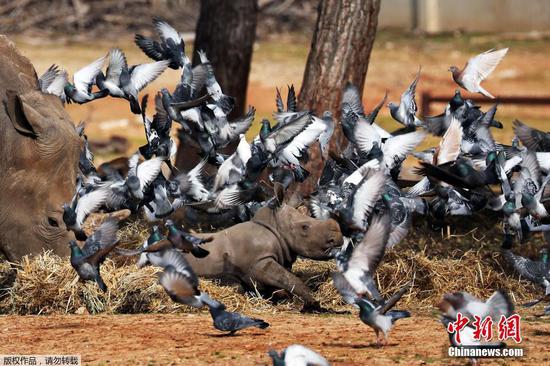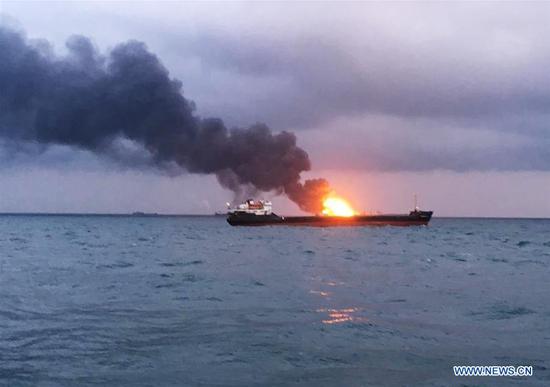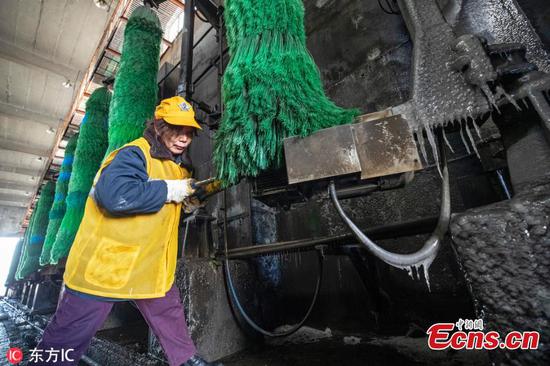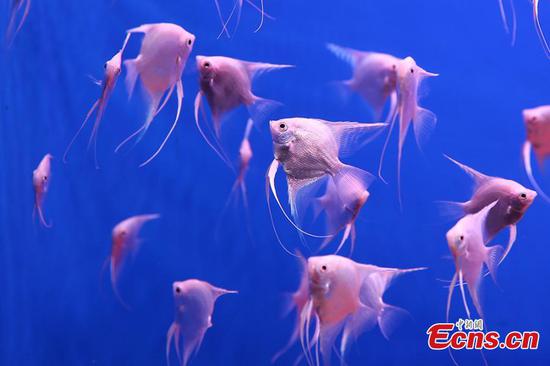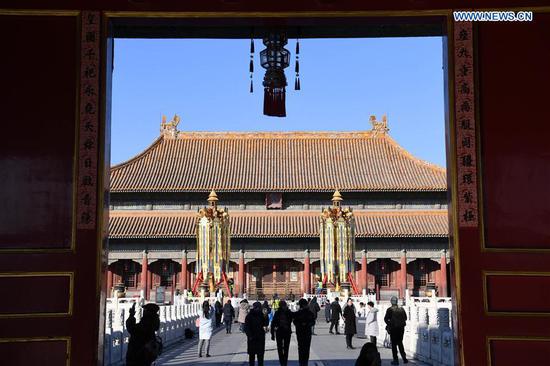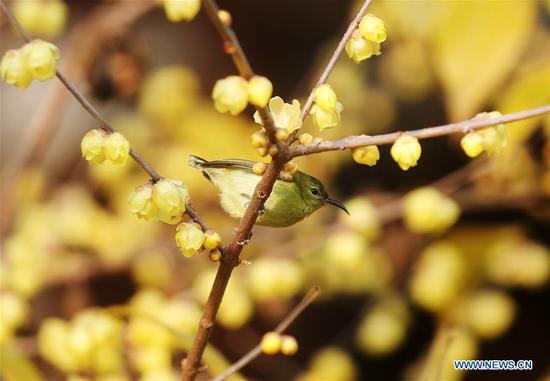
Primary school pupils enjoy a sail in the Flipflopi during the official launch of its expedition from Lamu to Zanzibar on January 23, 2019. (Photo/Edith Mutethya/China Daily)
"Currently, we are in discussion with various organizations who are willing to support us," Morison said.
The project was heartily welcomed by the Lamu County leadership, organizations and the local community, who promised to keep the beaches clean.
Dismas Polle Mwasabu, from the Lamu County department of Trade, Tourism and Industrialization, said they have come up with a strategy to have a communal beach cleaning day monthly, to maintain cleanliness of the beaches thus attracting more tourists.
"Plastic revolution is a very important phenomenon for the Lamu people and the county government fully supports the program. We are ready to support the Flipflop team to make sure we propel this revolution together," Mwasabu said.
Bwana Kale, the chairman of Promise/Ahadi Organization, said he is happy that the county government is now paying attention to environmental protection.
Kale who has been cleaning the Lamu beach as a volunteer for the last 20 years, says the beach is the first reception for visitors to Lamu, so it's important to keep it clean.
Hassan Shafi, one of the builders of the Flipflopi, said he was grateful to participate in the innovative project.
Nasru Ali, a speed-boat operator in Lamu, said it was amazing how plastic waste was transformed to make a boat.
Ali, who also makes boats, said he would consider making a recycled plastic-waste boat in the future but said it was an expensive venture compared to wooden ones.
Speaking in the expedition introduction press conference prior to the launch event, Koleka Anita Mqulwana, the South Africa High Commissioner to Kenya and the acting dean of Africa diplomatic corps, urged African governments to develop strategies that could provide lasting solutions to plastic waste choking seas and beaches

Children compete in sailing boats they made using plastic bottles during the official launch of the Flipflop expedition from Lamu to Zanzibar on January 23, 2019. (Photo by Edith Mutethya/China Daily)
"We should create awareness to inform communities to take plastic pollution seriously and help remove plastics from the oceans where they have outnumbered fish," Mqulwana said.
She urged African countries to move beyond sustainable programs and begin to deal with the waste right from the source.
"Single-use plastics are no longer useful in Africa and have to be eradicated forthwith," she said.
Joyce Msuya, the acting executive director of the UN Environment, said at least 8 million tons of plastic enters the oceans every year. Due to that, whales have been washed up on shores, having choked on plastic bags.
"Adventurers have spotted lumps of polystyrene packaging floating in the Southern Ocean, one of the most remote parts of the earth. Even tests on bottled water from all corners of the globe have found microscopic plastic particles in every sample," Msuya said.














